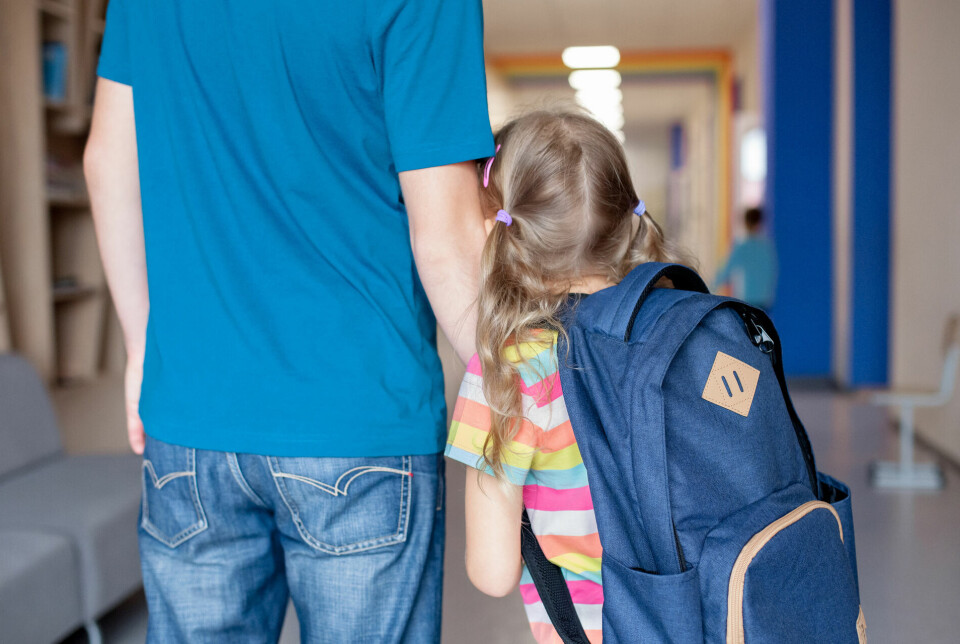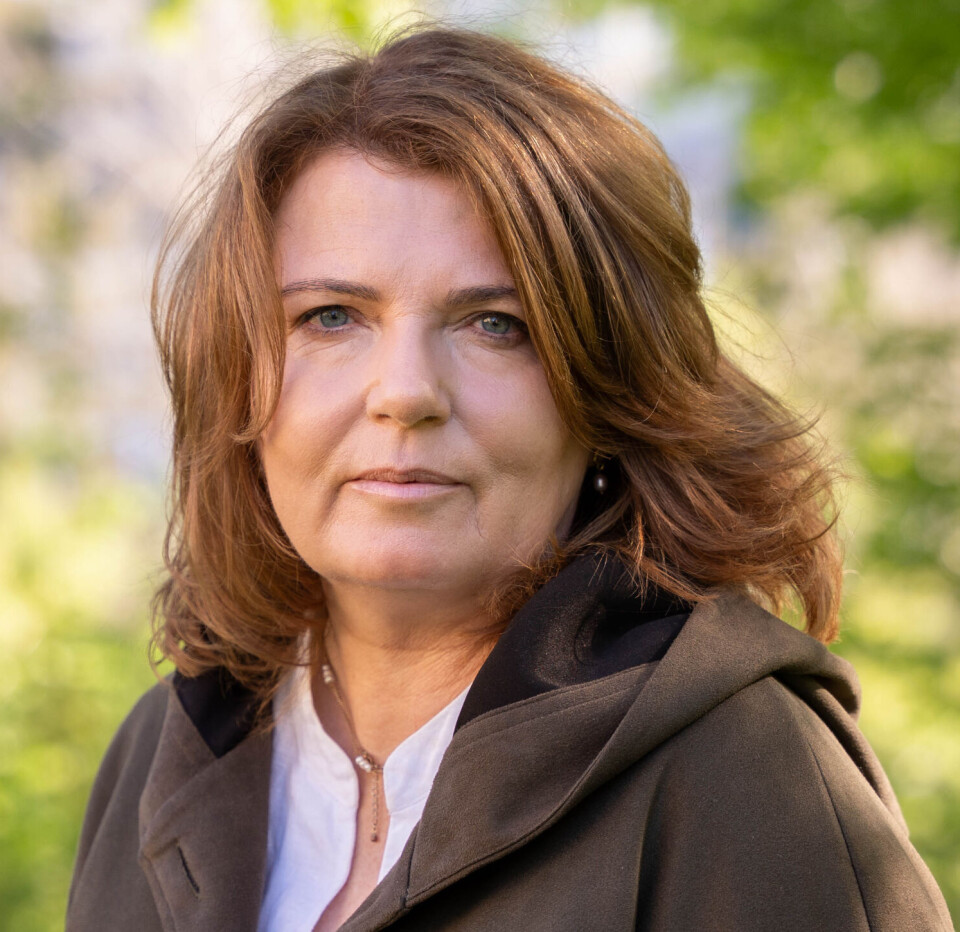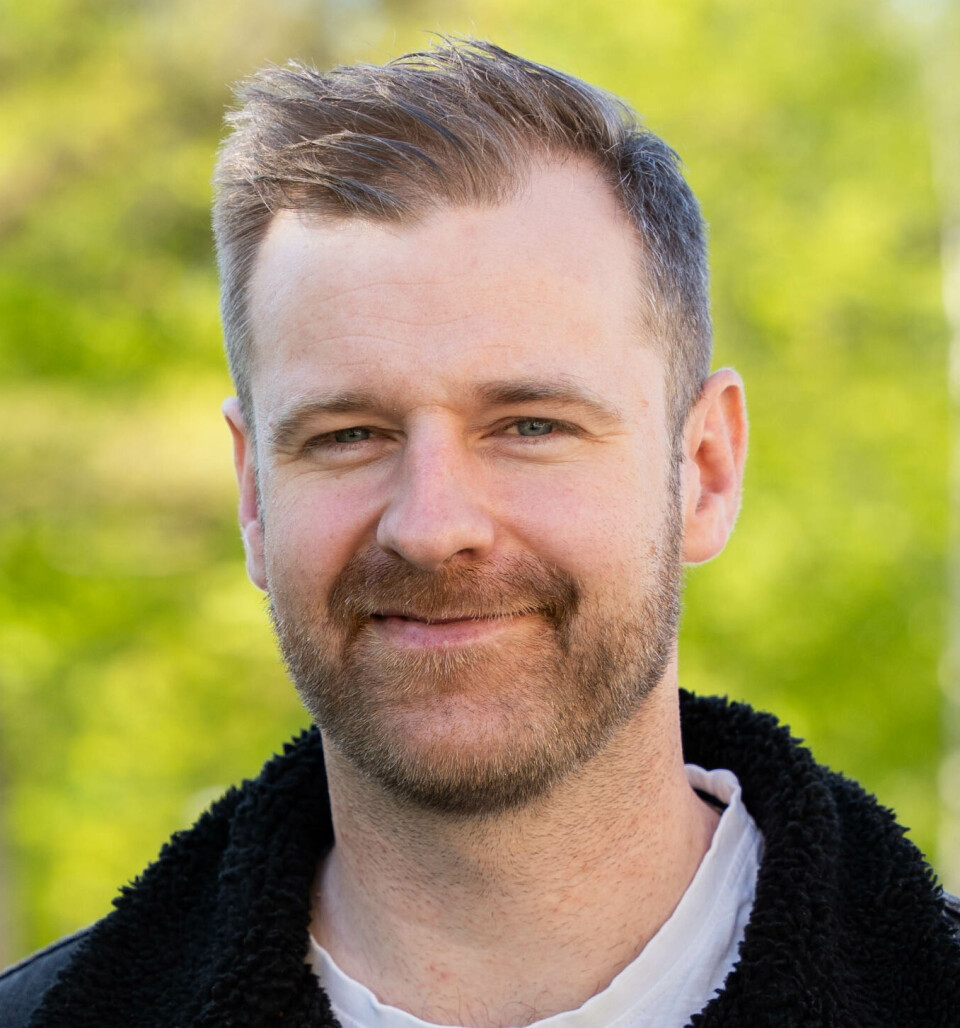THIS CONTENT IS BROUGHT TO YOU BY THE University of Agder - read more
This is how teachers reinforce their students' anxiety
Norwegian teachers are doing the exact opposite of what works best for anxious children, new research shows.

For the first time, researchers have studied how ordinary teachers approach anxious students. The study shows that accommodation is very widespread. But this can make matters worse, researchers warn.
Accommodation can be letting students skip oral tasks or excusing them from physical education.
Some students get to sit in separate rooms when they become anxious, or are allowed to leave the classroom when they feel restless. Some even get to have their parents in the classroom.

“The teachers do this with the best of intentions, but it doesn't help students in the long run,” says Åshild Tellefsen Håland.
She is a specialist in psychology and a researcher at the Hospital of Southern Norway's Department of Child and Adolescent Mental Health, and a professor at the University of Agder.
Schools lack an overview of all the exemptions
Only about a third of teachers report that they often make a plan to help students conquer their fears. The researchers find this worrying.
“We find that schools don't track how many students have agreements to avoid things they fear,” says Thomas B. Bertelsen.
He is a researcher and psychologist at the Hospital of Southern Norway's Department of Child and Adolescent Mental Health (ABUP).
243 teachers from primary schools in Kristiansand municipality participated in the study. All responded that they make accommodations for anxious students. 71 per cent said they often use such methods.
The opposite of what works

The problem is that schools' measures go against all research on anxiety. The best approach is to face what you fear, gradually and with support along the way.
“Facing your fears is at the heart of cognitive behavioural therapy. These principles can also be used in everyday school life,” says Håland.
When students are allowed to avoid uncomfortable situations, their anxiety increases. A student can go through primary school without ever giving an oral presentation and without plans being made for how they should learn to master this skill.
“In practice, we deprive students of the opportunity to learn these skills. If supported in challenging their fears, they would most often succeed,” says Bertelsen.
Serious consequences for the future
The researchers point out that making too many accommodations can have long-term effects. Anxious students who are frequently given special arrangements miss out on opportunities to cope with difficult situations.
They may receive lower grades, are more likely to isolate themselves, and have an increased likelihood of dropping out of school and future career.
“Anxiety might seem harmless at first, but the consequences can be serious if preventive measures are not taken early enough. If students who're starting to feel anxious are allowed to avoid what they fear, their anxiety can worsen and become more severe,” says Bertelsen.
Research shows that young adults with untreated anxiety are more likely to experience exclusion, substance abuse, and develop more serious mental health problems.
Not the teachers' fault
The researchers maintain that teachers are doing the best they can in a difficult situation.
65 per cent of teachers say they lack the time and resources to properly follow up with their students. 40 per cent of teachers spend their free time helping anxious students, for example by answering emails from parents.
“We often talk about how schools and teachers should solve such problems, but it's up to all of us. Nobody intended to handle things poorly here; on the contrary, it's a societal responsibility that we've not properly addressed,” says Håland.
The solution exists
The problem has been that effective help for anxious students has not been readily available to those who need it. The good news is that the tools to prevent and treat anxiety do exist.
The researchers have developed a low-threshold coping course called Mini-RISK. The group programme, led by a counsellor and a school nurse, is offered at all upper primary and lower secondary schools in Kristiansand.
“When schools increase their competence in managing anxiety, our experience is that teachers tend to reduce unsuitable adaptation,” says Bertelsen.
Counsellors and school nurses receive training in handling anxiety through a continuing education programme at the University of Agder. A recent pilot study on the effect of Mini-RISK indicates they can help just as effectively as trained anxiety therapists in specialist healthcare.
“We have a great opportunity to make a positive impact here, both in terms of changing the culture of accommodation in schools and offering more targeted help to those who might need it,” says Håland.
Measuring effect over six years
The plan is now to implement Mini-RISK in all schools across 10 Agder municipalities.
Researchers will monitor developments in these municipalities over the next six years to assess the effects a low-threshold offer like Mini-RISK.
The goal is to show that it's possible to change the culture around accommodation in Norwegian schools. Ineffective measures will be replaced with methods that actually help.
“Many of the students who have made progress say they really needed someone to say: Come on, you can do this!” says Håland.
Reference:
Håland, Å.T. & Bertelsen, T.B. School Anxiety Accommodation in Youth: Prevalence and Patterns Among Teachers, Child Psychiatry & Human Development, 2025. DOI: 10.1007/s10578-025-01853-z
———
Read the Norwegian version of this article on forskning.no

This content is paid for and presented by the University of Agder
This content is created by the University of Agder's communication staff, who use this platform to communicate science and share results from research with the public. The University of Agder is one of more than 80 owners of ScienceNorway.no. Read more here.
More content from the University of Agder:
-
Fear being rejected: Half pay for gender-affirming surgery themselves
-
Study: "Young people take Paracetamol and Ibuprofen for anxiety, depression, and physical pain"
-
Research paved the way for better maths courses for multicultural student teachers
-
The law protects the students. What about the teachers?
-
This researcher has helped more economics students pass their maths exams
-
There are many cases of fathers and sons both reaching elite level in football. Why is that?




































